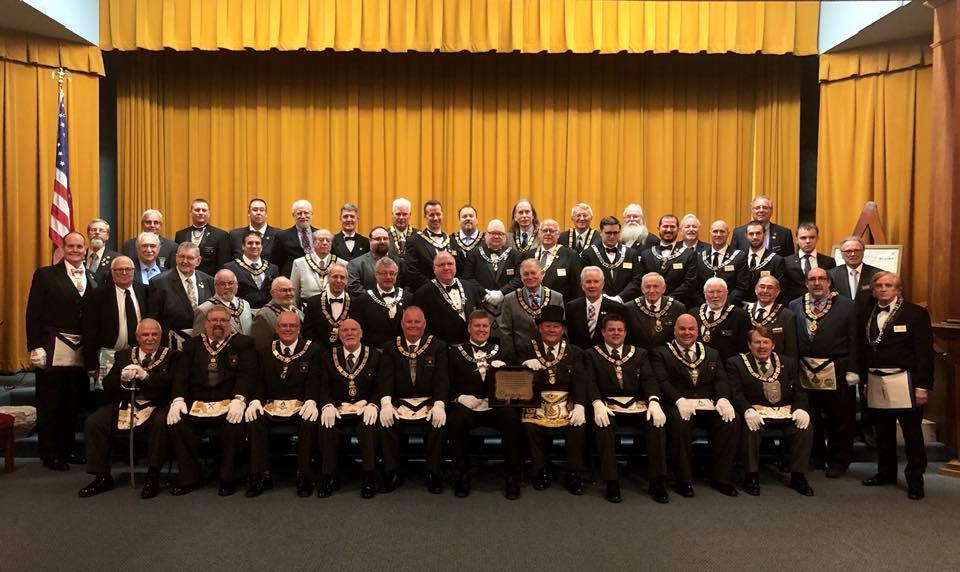Freemasonry is one of the oldest fraternal organizations in the world. It unites men of good character who, though of different religious, ethnic or social backgrounds, share a belief in the fatherhood of God and the brotherhood of mankind. Freemasonry offers a system or blueprint for the good man to further improve his character and actions through its system of degrees, symbols, and fellowship opportunities.
The United Grand Lodge of England reports that worldwide membership totals more than 6 million Freemasons, 1.1 million of whom are in North America. With over 60,000 Masons and 430 local Lodges, Ohio has one of the largest Masonic memberships of any state in the country.
Visit our Join page to begin your journey to becoming a Master Mason.
